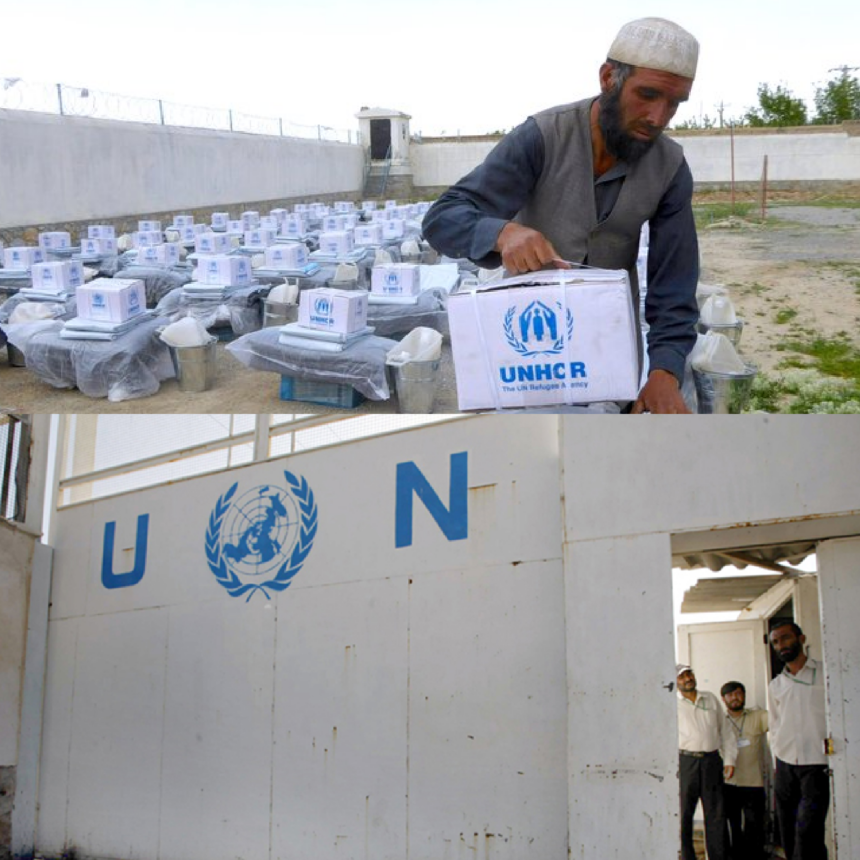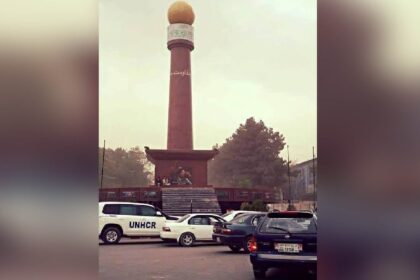RASC News Agency: Human rights organizations, aid agencies, and international relief bodies have issued stark warnings that the partial suspension of United Nations services in Afghanistan could place “the lives of thousands of Afghanistani families in urgent need of assistance at grave risk.” The disruption follows the Taliban’s latest decree banning Afghanistani women employed or contracted by the UN from entering its offices in Kabul and other cities.
The UN itself has confirmed that these restrictions have severely crippled its operational capacity, halting food distribution, refugee registration, and essential interviews with women services that cannot be carried out in their absence. The UN Refugee Agency (UNHCR) reported that cash assistance centers along borders and in provincial cities have effectively been shut down, since their services are structurally dependent on female staff.
Arafat Jamal, the UNHCR’s representative in Afghanistan, stressed: “We are all suffering under the Taliban’s escalating prohibitions on women’s work. Without women, we simply cannot function.” His statement underscores the devastating impact of Taliban-imposed gender apartheid on humanitarian delivery.
The UN Assistance Mission in Afghanistan (UNAMA) further cautioned that the Taliban’s edicts not only sabotage aid operations but also represent an explicit violation of international law concerning the immunity and independence of UN personnel. Its statement noted that excluding women from service delivery dismantles gender-sensitive programming and gravely restricts access to assistance for vulnerable women and children those already most at risk under Taliban rule.
The crisis is magnified by Afghanistan’s recent natural disaster. In the aftermath of the deadly earthquakes in Kunar and Nangarhar, the UN warned that Taliban-imposed restrictions have obstructed lifesaving relief for thousands of victims. According to official tallies, more than 2,100 people were killed, 3,400 injured, and at least 6,700 homes destroyed or damaged. Among the dead were over 1,170 children. The Taliban’s bans have even extended to attempts to block female UN staff from traveling to quake-stricken areas, delaying the delivery of desperately needed aid.
Eyewitness accounts confirm that Taliban forces now station themselves daily at the gates of UN offices in Kabul, Herat, and Mazar-i-Sharif, turning away women employees. This heavy-handed policing of international staff not only jeopardizes immediate relief but also accelerates the unraveling of Afghanistan’s fragile humanitarian lifeline.
Human rights advocates argue that the Taliban are deliberately engineering a famine-like crisis by dismantling the last functioning aid channels, effectively weaponizing hunger and despair. They warn that unless international actors act decisively to hold the Taliban accountable, Afghanistan faces the collapse of what little humanitarian infrastructure remains.
The UN has appealed for the urgent reversal of these restrictions, emphasizing that the Taliban’s assault on women aid workers risks pushing Afghanistan into a humanitarian abyss deeper than at any point in its recent history.






